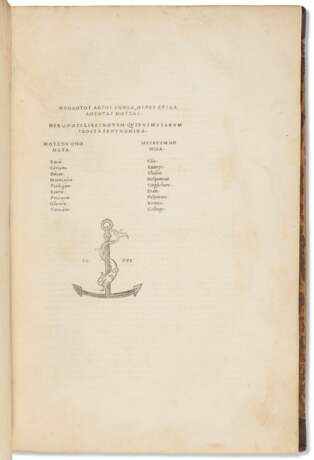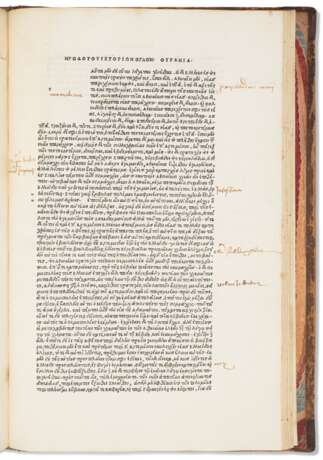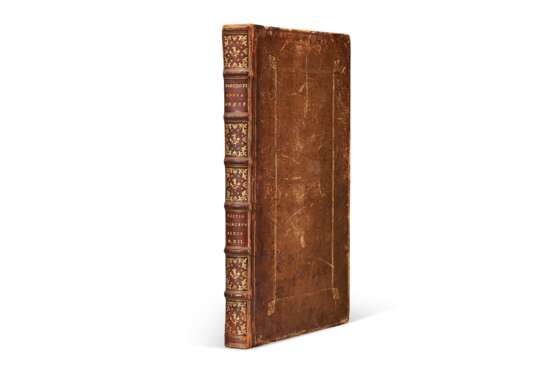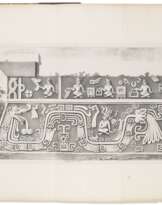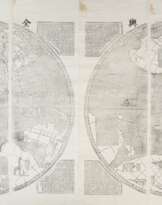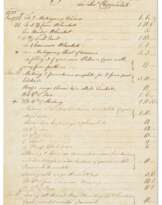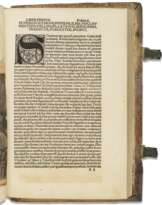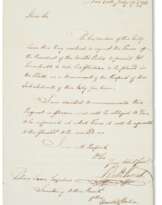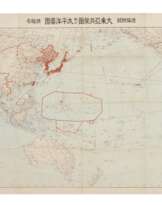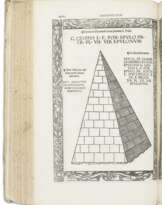ID 627501
Lot 13 | Herodotus's Historia
Estimate value
$ 15 000 – 25 000
Wodhull copy of the editio princeps of "the first work that can truly be called history in the modern sense" (Clemons and Fletcher). Alternately treated as the originator of the historical method or as “the father of lies," Herodotus is nonetheless certainly "the earliest historian; his predecessors were by contrast chroniclers” (PMM). His work, which deals primarily with the history of the Persian wars with the Greek city states, was particularly relevant in the Renaissance, when the Ottomans—another Eastern enemy both alien and strangely familiar—threatened European hegemony. This edition was among the crown jewels of Aldus’s output, conceived as a match to his Thucydides published four months earlier. Aldus claims in the dedication that he corrected the text from multiple exemplars, and indeed he was the first to have access to the "Florentine" codices, whereas Valla had used the Roman family of manuscripts for his earlier translation. UCLA 62; Clemons and Fletcher 16; PMM 41; Renouard 8.
Folio (303 x 198mm). Greek and Roman types. Woodcut Aldine device on title and final page (neat repair to first leaf affecting printed area, a few stains and spots, first and last leaves a little dustsoiled). 18th-century calf gilt, edges gilt (neatly rebacked and recornered, wear at extremities, joints starting). Provenance: extensive marginalia (trimmed) – William Maurice Bogdani (d. 1790; bookplate) – Charles Jacob Stuart, Baron (bookplate) – Michael Wodhull (1740-1816; marginalia on front fly leaf) – Albert May Todd (bookplate).
| Artist: | William Shakespeare (1564 - 1616) |
|---|---|
| Applied technique: | Pencil |
| Artist: | William Shakespeare (1564 - 1616) |
|---|---|
| Applied technique: | Pencil |
| Address of auction |
CHRISTIE'S 8 King Street, St. James's SW1Y 6QT London United Kingdom | |
|---|---|---|
| Preview |
| |
| Phone | +44 (0)20 7839 9060 | |
| Buyer Premium | see on Website | |
| Conditions of purchase | Conditions of purchase |
